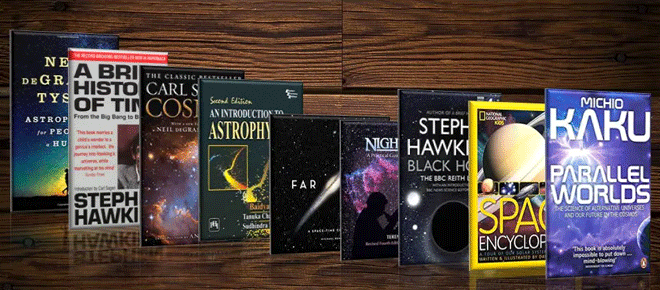The Best Books on the Evolution of Media and Technology

From television news to the Internet, these books offer an eye-opening look at how the evolution of media and technology has shaped our world. From a futurist's perspective, they also present a glimpse into the lives of people in 2020.
Historians have struggled to sort out the causes and effects of technological change since its inception, and a common concern has been that each new medium tends to impose its particular values on society.
The Preface to Plato by Raymond Williams
Raymond Williams was a founding scholar of cultural studies and the author of many books. He developed a theory called cultural materialism and was a major contributor to the field of literary criticism. If you are looking for the best books then check out the Deep Discount Voucher Code.
The Preface to Plato, written in 1972, is a key work on the development of cultural studies. It argues that culture is not the product of artists and intellectual genius but rather a whole way of life in society.
To avoid this, Williams argues that we must not rely on external reasons in moral reasoning, and this means rejecting neo-Aristotelian or Kantian theories of practical reason. Instead, we must use internal reasons that are genuinely rooted in the individual agent's actual motivations.
Ghost Fleet: A Novel of the Future by Joanna Kavenna
Ghost Fleet is a page-turning techno-thriller, the kind of summer read you'll want to keep on your bedside table. It's a modern-day sequel to Tom Clancy's The Hunt for Red October.
This novel by two defense analysts and first-time novelists combines futuristic warfare analysis with a little romance, military jokes, and a black widow serial killer. It's also packed with a lot of fascinating techno-wizardry.
The Future of the Internet by Peter Diamandis
Peter Diamandis is a world-renowned entrepreneur and futurist. He is the Founder and Executive Chairman of the XPRIZE Foundation, a non-profit organization that designs and operates large-scale incentive competitions to benefit humanity.
In this keynote, he refutes the doomsday narrative commonly portrayed in the media and argues that society is on the cusp of a bright future. He argues that overpopulation, energy shortages, food and water scarcity, genetic disorders, and other perceived threats can be overcome through bold innovation.
He also believes that artificial intelligence will play a pivotal role in the future, especially in health care and education. AI will be able to diagnose and treat sick people much better than human doctors can, while also being able to teach our children in ways that we may not even be able to imagine yet. If you want to save huge money then check out the Books and Media Promo Codes.
The Future of Media by W. Russell Neuman
Neuman's book examines the future of media. He posits that the audience of the future will either be small and insignificant or controlled by corporate forces.
He argues that consumer funding is the only way to ensure a diverse and wide range of content. However, this is difficult to do due to the high costs of media technology.
He also explains that new media is not a free medium. It is expensive and only a small number of people have access to it. This leads to the development of a limited democracy that is not representative of the population.
Conclusion
After exploring various books on the evolution of media and technology, the following are some of the best ones to consider: "The Innovators" by Walter Isaacson, "The Master Switch" by Tim Wu, "The Shallows" by Nicholas Carr, "The Victorian Internet" by Tom Standage, and "The Medium Is the Massage" by Marshall McLuhan. Each of these books provides unique insights into the development and impact of media and technology throughout history.








